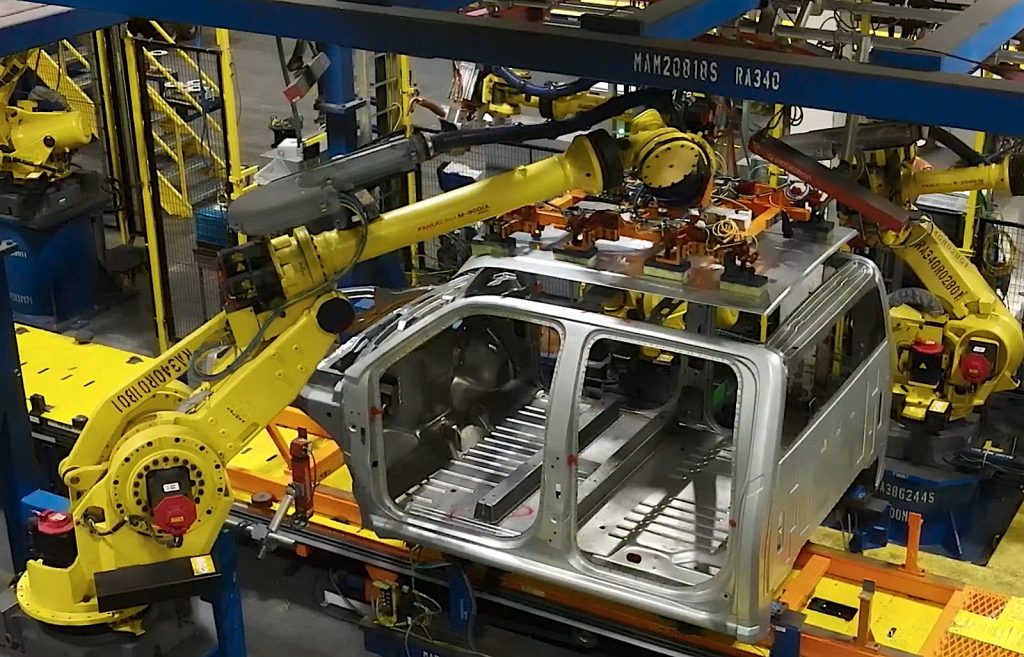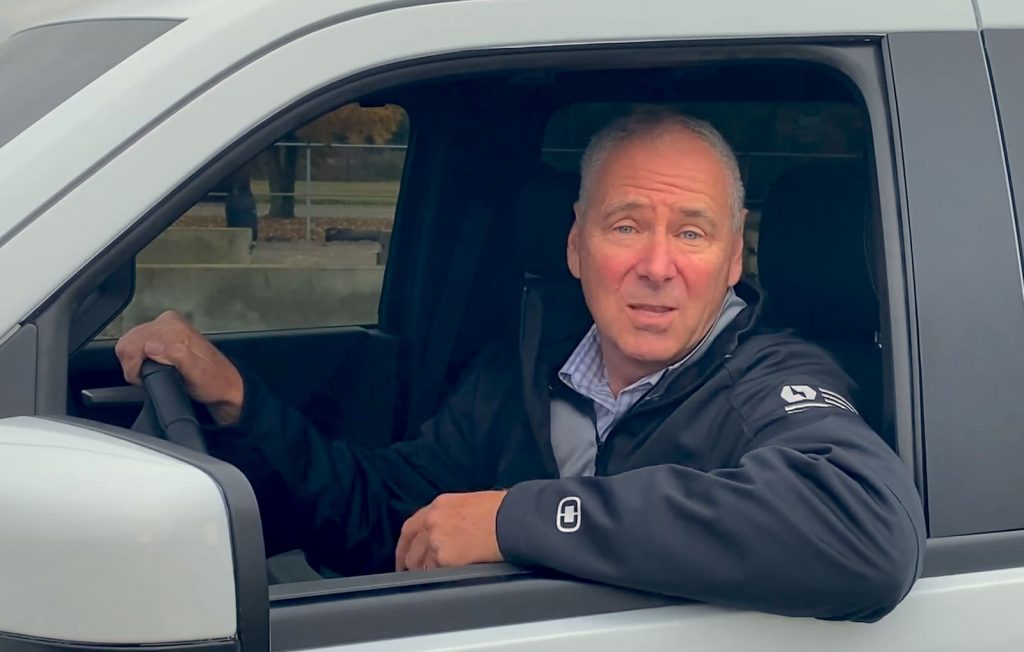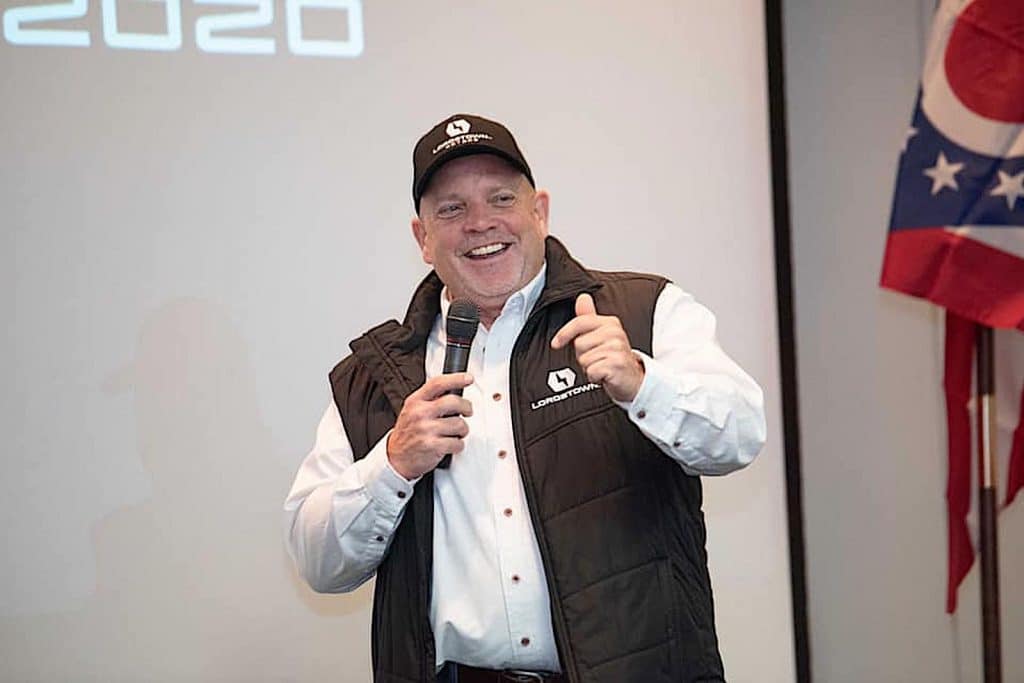For much of the past six months, the news out of Lordstown Motors has been bad — until today. The electric pickup company revealed it secured $400 million in new funding from a hedge fund.

New Jersey-based Yorkville Advisors Global LP, through its YA II PN Ltd fund, not only agreed to infuse $400 million into the much-maligned EV maker, but it also agreed to not engage in any short sales of the stock, nor will it hedge the shares. That said, it can sell the stock in the next three years under certain conditions.
The company issued an additional 371,287 shares — worth about $3 million — to the fund in exchange for its commitment to make the purchase, according to the 8-K filing with the U.S. Securities and Exchange Commission. Yorkville bought the stock at $7.48 a share, which is what it closed at on July 23.
Show me the money
The deal needs to be approved by shareholders, but ultimately once approved and Lordstown gives the go ahead, Yorkville will receive approval to buy 35.1 million shares of stock during the next three years, according to the filing.

Sales of the shares — the timing of which is determined by Lordstown — depends on factors including market conditions, the trading price of the company’s Class A stock and decisions by the company related to the appropriate sources of funding, Lordstown said.
The company, which is current under investigation by federal regulators, expects to use the proceeds for working capital and “general corporate expenses.” Shares of the stock rose 1.5% to $7.59 after the deal was announced.
Lordstown stock has been in a virtual freefall after hitting all-time high of 31.80 Sept. 22, 2020. A report from short-selling firm Hindenburg Research claiming the company was exaggerating the number of orders it had for its vehicles and calling former CEO Steve Burns a “con man.”
Investigations, misstatements and resignations

Ever since the allegations from Hindenburg hit, the company’s been looking to right the ship. Burns tried for months to assuage the fears of investors to no avail, ultimately resigning — along with CFO Julio Rodriguez — in mid-June.
Despite proclaiming it’s “a new day at Lordstown,” new CEO Angela Strand, who was a member of the board before taking the role in the wake of Burns’ departure, more trouble followed quickly.
During the meeting where Strand made her declaration, newly appointed president Rich Schmidt attempted to reassure everyone that the company was in better shape than many — especially Hindenburg — believed. He said the company had enough “binding” orders to keep it running for all of 2021 and through May 2022.
“Those are firm orders we have for those two years,” he said.
Schmidt also confirmed production would begin, as planned, at the end of September with the first production-ready vehicle set to be delivered in 2021. Three days later, the company recanted Schmidt’s earlier statements during the meeting, saying the company had no “binding orders” in a filing with the SEC.That was followed up by news less than two weeks ago that federal prosecutors just opened an investigation into the battery-electric truck maker and some of the claims it’s made as well as its reverse merger.








Obviously, the hedge fund called out here has no clue as to how much capital it takes to get a new vehicle brand rolling of that assembly line. Pity.
As Elon said; design is easy. Production is hard.